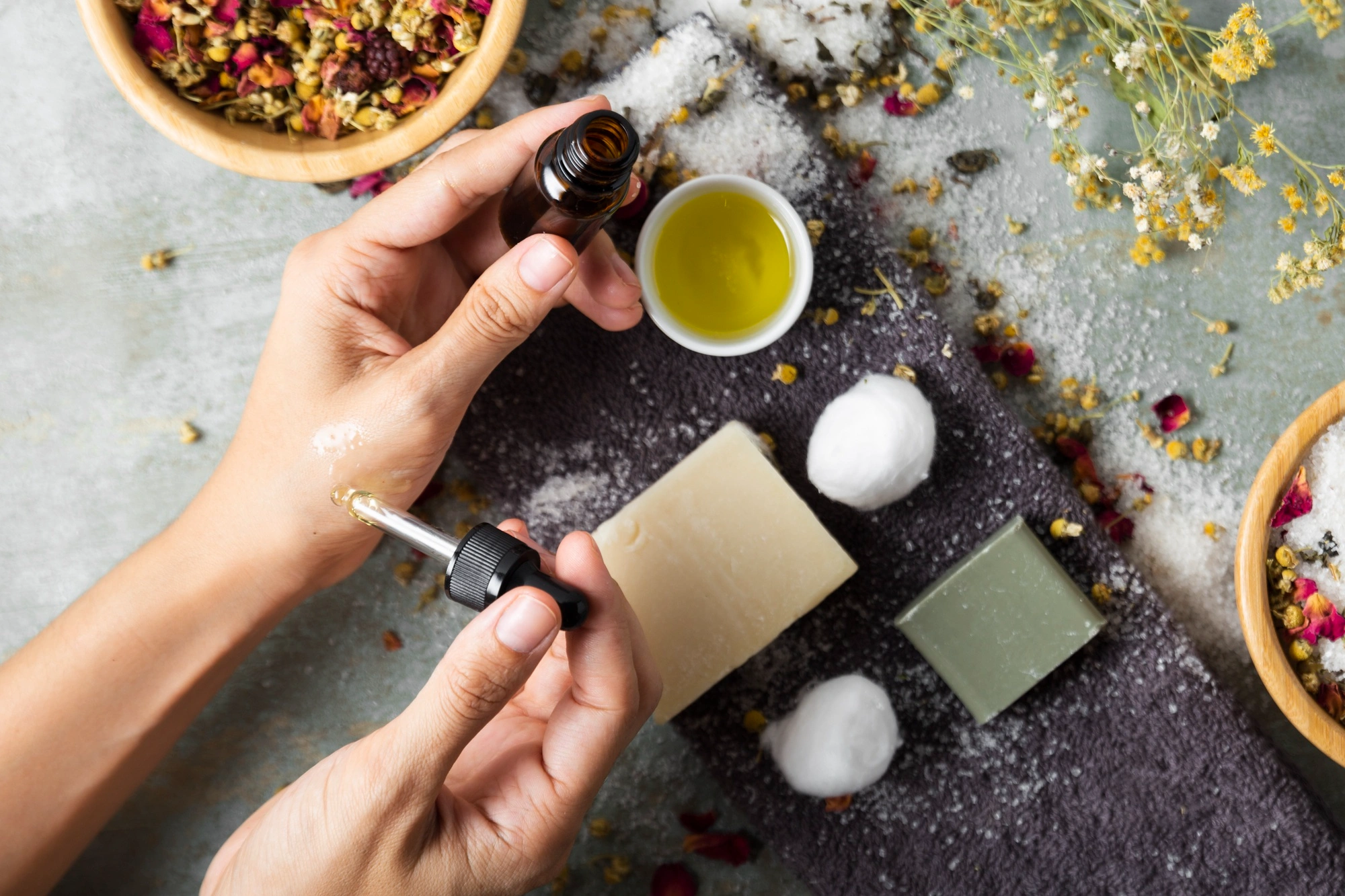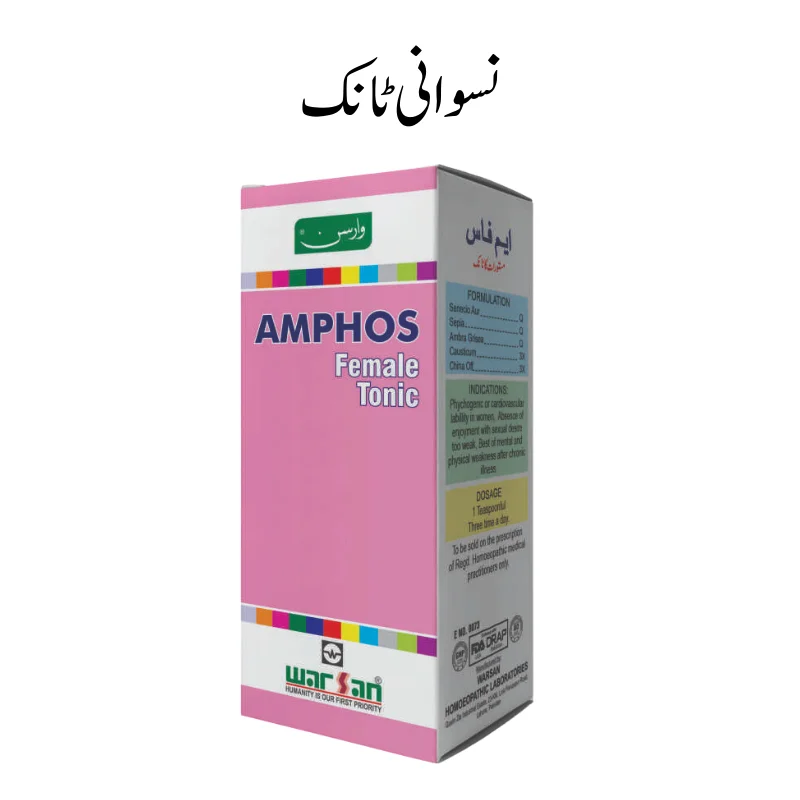Have you ever wondered if the creams and serums on your bathroom shelf are truly working for your skin? Or are you searching for a natural alternative to over-the-counter products that might seem too harsh or expensive? In the world of skin care, this question is more common than you think.
For years, we’ve been told that skincare means heavy-duty chemical treatments and pricey lotions. But with the rise of homeopathy, many are now looking for natural remedies that are gentle on the skin, yet still deliver results. So, what’s the best option? Are homeopathic remedies the gentle solution we’ve been waiting for, or should we stick to the tried-and-tested products from the shelves?
In this blog, we’ll explore both sides—homeopathic remedies for skin care and over-the-counter (OTC) treatments—and help you understand the pros and cons of each. By the end, you’ll have a clearer idea of which route might be right for your skin’s health and beauty.
1. What Are Homeopathic Remedies for Skin Care?
Homeopathic remedies focus on using natural substances to stimulate the body’s healing mechanisms. Homeopathy operates on the principle that “like cures like,” meaning that tiny amounts of natural ingredients, often derived from plants, minerals, or animal products, are used to help treat various ailments—including skin conditions.
How Do They Work?
In homeopathy, the treatment process involves highly diluted doses of substances that are believed to trigger the body’s immune response. For skin care, these remedies are often aimed at calming inflammation, reducing irritation, or promoting natural skin regeneration. The theory is that these gentle formulations can be used to treat skin conditions like acne, eczema, or psoriasis.
Pro Tip:
One of the major benefits of homeopathic skin care is the minimal risk of side effects, as most of these remedies are highly diluted. However, it’s important to consult a professional to ensure the right remedy for your specific skin condition.
2. What Are Over-the-Counter Skin Care Products?
Over-the-counter (OTC) treatments are commercial skin care products that you can purchase without a prescription. They’re designed to target common skin issues, such as acne, wrinkles, dark spots, and dryness. Most OTC skin care products contain active ingredients like salicylic acid, benzoyl peroxide, hyaluronic acid, or retinoids.
How Do OTC Products Work?
OTC products typically function by either exfoliating dead skin cells, reducing inflammation, or boosting collagen production. For example, benzoyl peroxide helps to kill acne-causing bacteria, while retinoids increase skin cell turnover to improve texture and reduce fine lines.
While effective for many, OTC treatments may come with side effects like dryness, irritation, or allergic reactions, especially for those with sensitive skin. Many of these products also contain preservatives or artificial fragrances that can be harsh on the skin.
Amphos Female Tonic
Expert Insight:
Dermatologists often recommend OTC treatments for specific skin concerns, as they are generally well-studied and provide quicker results. However, the aggressive nature of some ingredients can cause long-term damage to sensitive skin if not used correctly.
3. What Are the Main Differences Between Homeopathic Remedies and OTC Treatments?
While both homeopathic remedies and OTC treatments aim to improve skin health, they do so in fundamentally different ways. Here’s a breakdown of the key distinctions:
Criteria | Homeopathic Remedies | Over-the-Counter Treatments |
Active Ingredients | Natural, diluted substances | Chemical ingredients like acids and retinoids |
Effectiveness | Gradual, gentle healing | Quick, visible results |
Side Effects | Minimal to none | Possible irritation, dryness, or allergic reactions |
Suitability | Ideal for sensitive or reactive skin types | Works well for a wide variety of skin concerns |
Price | Generally affordable | Can range from affordable to expensive |
Usage | Often requires professional guidance | Easy to find and use at home |
Actionable Takeaway:
If you have sensitive skin or are concerned about long-term side effects, homeopathy could be a good option. However, if you need fast results for issues like acne or wrinkles, OTC treatments may be more effective.
4. Which One is Better for Sensitive Skin?
Sensitive skin is a major concern for many, and it often reacts negatively to the harsh chemicals in conventional skin care products. The frequent burning, stinging, and irritation that can occur from OTC treatments is one of the main reasons people with sensitive skin opt for natural alternatives like homeopathy.
Homeopathy’s Benefits for Sensitive Skin
Homeopathic remedies use highly diluted substances that are designed to work with the body’s natural healing mechanisms, making them gentler on sensitive skin. Remedies such as Calendula officinalis and Sulphur have been shown to calm inflammation and reduce redness, making them great for conditions like rosacea or eczema.
OTC Products for Sensitive Skin
On the other hand, there are OTC products formulated specifically for sensitive skin. These often contain soothing ingredients like chamomile or aloe vera and are free from harsh chemicals or fragrances. However, the presence of preservatives and active ingredients still carries a risk of irritation.
Pro Tip:
If your skin is prone to sensitivity, opt for OTC products labeled “hypoallergenic” or “for sensitive skin.” Still, testing a small amount on your skin before full application is recommended to avoid adverse reactions.
5. Can You Combine Homeopathic Remedies with OTC Products?
For many, the idea of combining different skin care treatments might seem tempting. But can homeopathic remedies be used alongside conventional OTC treatments without causing harm? The short answer is, it depends.
Why It Can Work:
Many people choose to combine the two approaches, using OTC products for immediate results and homeopathic remedies to support long-term skin health. For example, you might use a gentle OTC moisturizer with a homeopathic remedy like Arnica montana to speed up recovery from skin irritation or bruising.
Why It May Not Work:
There’s always a risk of overloading the skin with too many active ingredients, which can lead to irritation. OTC products, especially those with strong acids or retinoids, might interfere with the natural healing process that homeopathic remedies promote.
Expert Insight:
Consult with a skincare professional before mixing products. Your dermatologist or homeopathic practitioner can help guide you on how to layer products safely for optimal results.
6. What Do Studies and Experts Say About Homeopathy vs OTC Treatments?
The debate between homeopathy and OTC treatments has been ongoing for decades. While conventional treatments have plenty of scientific backing, homeopathic remedies often lack large-scale clinical trials to prove their effectiveness.
What the Research Says
Several studies suggest that homeopathic remedies can help with certain skin conditions, especially in terms of reducing inflammation and promoting healing. However, these studies often lack the rigorous standards that are applied to OTC treatments. In contrast, OTC products, especially those with FDA approval, undergo extensive testing to ensure safety and effectiveness.
Actionable Takeaway:
If you want quick and proven results, OTC treatments may be the way to go. However, for long-term, gentle care, particularly for sensitive skin, homeopathy can be an effective natural option.
Conclusion
When it comes to skin care, there is no one-size-fits-all solution. Both homeopathic remedies and over-the-counter treatments have their advantages and drawbacks. OTC products are ideal for fast results, especially for acne or aging concerns. On the other hand, homeopathic remedies provide a natural, holistic approach that can be gentle and effective for sensitive skin or chronic conditions.
Ultimately, the choice between homeopathy and OTC treatments comes down to your specific skin needs, preferences, and long-term goals. Consider consulting a dermatologist or homeopathic practitioner to make the best decision for your skin’s health.
Buy Homeopathic Medicine Online in Pakistan
Frequently Asked Questions (FAQs)
Homeopathy can be effective for many types of chronic pain, especially conditions like arthritis, fibromyalgia, and migraines. However, its effectiveness varies by individual.
While traditional medicine can provide significant relief, medications like opioids carry risks of addiction and long-term side effects. A balanced approach is key.
Yes, therapies like acupuncture, physical therapy, and homeopathy are natural alternatives that can help manage chronic pain without medications.
Results can vary, but many patients report noticeable improvements within a few weeks. Long-term management may require consistent treatment adjustments.
Yes, combining both approaches can offer a more holistic treatment plan, but always consult with healthcare providers to ensure no conflicts between treatments.
Traditional medicine focuses on treating symptoms and underlying causes with scientifically proven methods, while homeopathy uses highly diluted natural substances to stimulate the body’s healing processes.
Homeopathy is often less expensive, especially for long-term use, since it focuses on individualized remedies. Traditional medicine may incur higher costs due to medications, physical therapy, and possible surgeries.
-
-
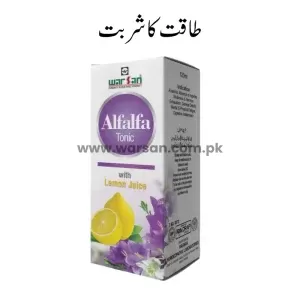 Rated 5.00 out of 5 based on 1 customer rating₨ 200 – ₨ 650Price range: ₨ 200 through ₨ 650Select options Quick View
Rated 5.00 out of 5 based on 1 customer rating₨ 200 – ₨ 650Price range: ₨ 200 through ₨ 650Select options Quick View -
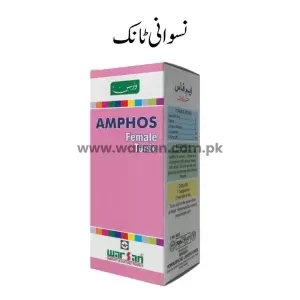 Rated 4.00 out of 5 based on 1 customer rating₨ 200 – ₨ 650Price range: ₨ 200 through ₨ 650Select options Quick View
Rated 4.00 out of 5 based on 1 customer rating₨ 200 – ₨ 650Price range: ₨ 200 through ₨ 650Select options Quick View -
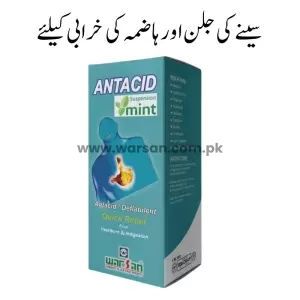 Rated 4.00 out of 5 based on 1 customer rating₨ 220 – ₨ 650Price range: ₨ 220 through ₨ 650Select options Quick View
Rated 4.00 out of 5 based on 1 customer rating₨ 220 – ₨ 650Price range: ₨ 220 through ₨ 650Select options Quick View

